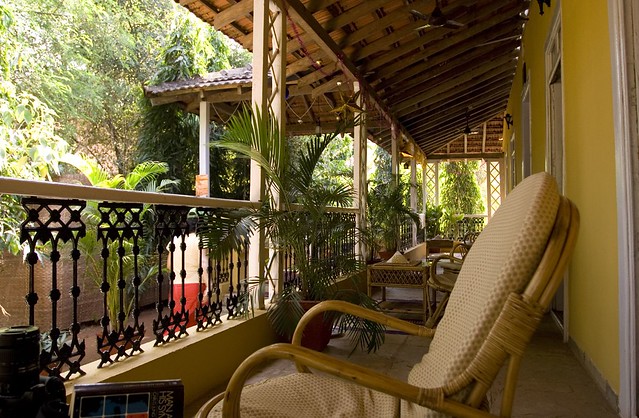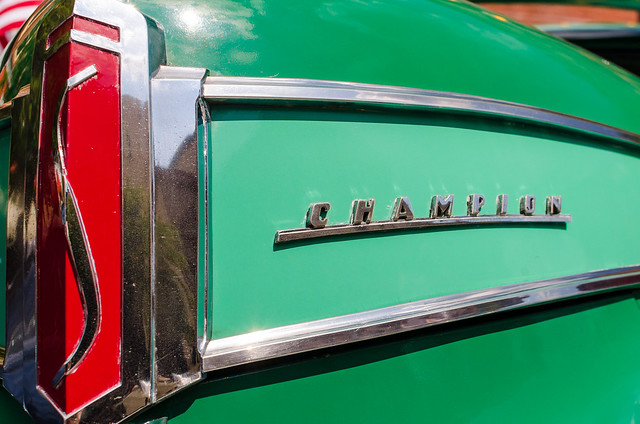Podcast: Play in new window | Download
Here are the latest developments on the Omniglot websites.
This week there are new language pages about:
- Tawbuid (Batangan / Bangon), a South Mangyan language spoken in the centre of Mindoro Island in the Mimaropa region of the Philippines.
- Ambala (Ayta Ambala), a Sambalic language spoken in the Central Luzon region of the Philippines.
- Hatang Kayi, a Central Philippine language spoken in the provinces of Quezon and Rizal on the island of Luzon in the Philippines.
There’s a new adapated script: Greek Arabic (Αλ-γ̲αραπυιιατȣ λ-ιωνάνυιιαχ̌), a way to write Arabic with the Greek alphabet devised by Mohammad Shakeb Baig.
There are new numbers pages in:
- Andi (къIaваннаб мицци), a Northeast Caucasian language spoken in Dagestan in the Russian Federation.
- Kodava, (ಕೊಡವ ತಕ್ಕು), a Dravidian language spoken in Karnataka state in southern India.
- Aheri Gondi, a South-Central Dravidian language spoken in the Indian states of Maharashtra and Telangan.
There’s a new article about Ancient language and extra-Indo-European language in Britain.
I wrote a new song – a lullaby called Lillilu, which is a Scots word for lullaby, inspired by this video by misspunnypennie on TikTok.
On the Omniglot blog we have a post about words for lullabys, a post about the Norfolk dialect word gadwaddick, which means to go on a pleasure trip or jaunt, or to gad about, and a new Language Quiz
The mystery language in last week’s language quiz was Dovahzul, or the Dragon Language, a constructed language that appears in some of the Elder Scrolls series of video games. The recording was from an original song called Vokul Fen Mah (Evil Will Fall) by Malukah, a wonderful singer-songwriter from Mexico.
Another version of this song with Malukah and Peter Hollens:
There are Celtiadur posts about words for smiths and walls and related things in Celtic languages.
The Adventure in Etymology this week tries to see the wood for the trees by looking into the origins of the word wood.
For more Omniglot News see:
https://www.omniglot.com/news/
https://twitter.com/Omniglossia
https://www.facebook.com/groups/omniglot/
https://www.facebook.com/Omniglot-100430558332117
You can also listen to this podcast on: Apple Podcasts, Amazon Music, Stitcher, TuneIn, Podchaser, PlayerFM or podtail.
If you would like to support this podcast, you can make a donation via PayPal or Patreon, or contribute to Omniglot in other ways.










